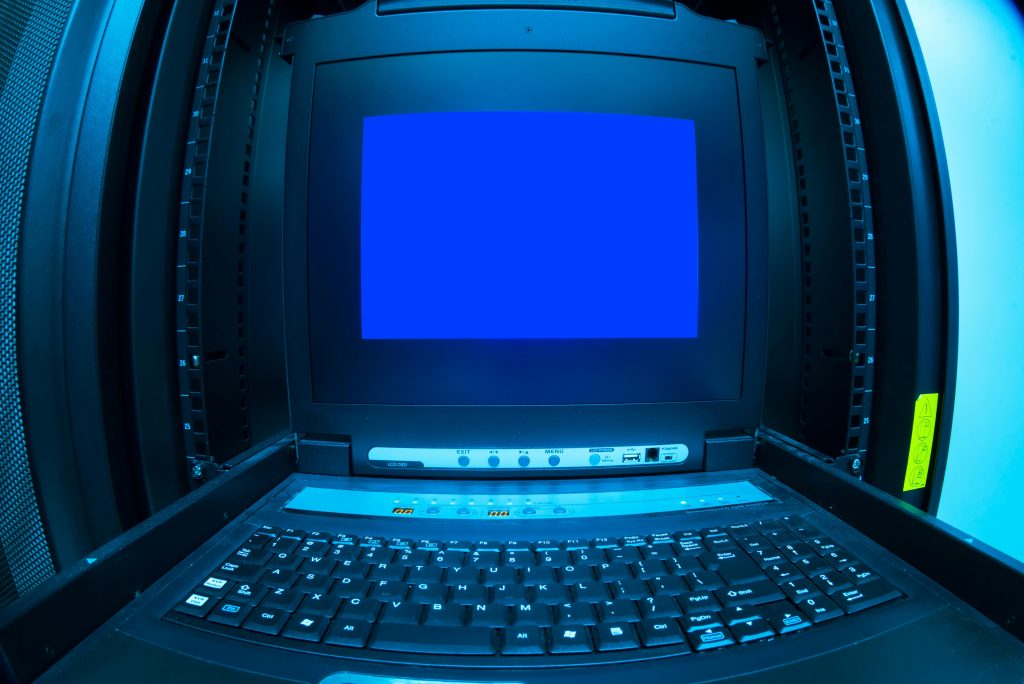The Undeletable OGG Audio Files: A Comprehensive Guide to Understanding, Managing, and Deleting Them
In the world of digital media and files, there are often scenarios where a minor mistake can lead to an exasperating experience. One such situation involves the accidental creation of multiple OGG audio files, which can be a nuisance if they clutter your desktop and refuse to be deleted. This blog post aims to unravel the mystery behind the undeletable OGG audios, provide a deeper understanding of the file format, and offer practical solutions to manage and remove these files effectively.
Understanding the OGG Audio Format
What is an OGG File?
An OGG file is a compressed audio file format that uses the Ogg Vorbis audio encoding technology developed by the Xiph.Org Foundation. The format is designed to be an open-source alternative to proprietary audio file formats such as MP3 and AAC. Unlike other audio formats, OGG provides superior sound quality at smaller file sizes, making it a popular choice for streaming and music sharing.
Why OGG Instead of FLAC?
In the original Reddit post, the user mentioned accidentally converting a URL to an OGG file instead of a FLAC file. While both formats are widely used, they serve different purposes:
-
FLAC (Free Lossless Audio Codec): This format is known for preserving the original sound quality without any loss of data, making it an ideal choice for audiophiles who crave pristine audio reproduction. However, FLAC files are significantly larger in size compared to OGG files.
-
OGG Theora: On the other hand, is typically used for storing audio tracks with less focus on maintaining lossless quality but with a focus on compression efficiency.
Why Do Files Become Undeletable?
Before diving into the solutions, it’s important to understand why some files might become undeletable. Here are a few common causes:
-
File Corruption: A corruption in the file system can render certain files undeletable. This could occur if the conversion process was interrupted or if the conversion software had a bug.
-
Incorrect Permissions: Sometimes files are set with read-only permissions or locked by the system, making them undeletable by standard user accounts.
-
Processes Still Running: If the audio file is still in use by a background process or open in an audio player, attempts to delete it might result in an error.
-
Malware or Bugs: Occasionally, malicious software or bugs within the OS can interfere with normal file operations, preventing deletion.
Steps to Convert URLs to OGG Files
To understand how a URL might have been converted into an OGG file, we need to look at common workflows and software tools available for audio conversion:
Using Online Converters
Several online platforms allow users to convert URLs, particularly those hosting video or audio content, into various audio formats:
-
Choose a Reputable Converter: Websites like Online Convert or Zamzar offer URL to audio conversion. Copy your target URL and paste it into the conversion tool, selecting ‘OGG’ as your output format.
-
Options and Settings: Most platforms offer additional settings like quality selection (e.g., 128 kbps, 192 kbps). Make the appropriate settings based on space considerations and quality expectations.
-
Download the File: Once the conversion is complete, download the audio file. Always check for unexpected files if the conversion is unsuccessful or produces a problematic file.
Using Software Tools
Software programs like VLC Media Player or Audacity also support URL to audio type conversions:
-
VLC Media Player: Open VLC, navigate through ‘Media’ > ‘Convert/Save.’ Here you can paste a URL, choose ‘Convert,’ and select OGG as your format.
-
Audacity: While primarily an audio editing software, Audacity can import media and help convert into various formats.
Solutions for Deleting Undeletable OGG Files
If you’re faced with the frustrating challenge of stubborn, undeletable OGG files cluttering your desktop, here are some tried-and-true methods to resolve the issue:
Method 1: Safe Mode Deletion
-
Restart in Safe Mode: Booting into Safe Mode can prevent non-essential programs from running, allowing easier deletion. On Windows, this can be done by going to ‘Settings’ > ‘Update & Security’ > ‘Recovery’ > ‘Restart now.’
-
Delete Files: Once in Safe Mode, try deleting the OGG files again.
Method 2: File Unlocker Software
Tools like ‘Unlocker’ or ‘IObit Unlocker’ are designed to alleviate the problem of files that refuse deletions:
-
Download and Install Unlocker: These programs help to kill processes or remove protections that prevent deletions.
-
Apply Unlocker to the Problematic Files: Follow on-screen instructions to unlock and subsequently delete unwanted files.
Method 3: Command Prompt (CMD)
Utilizing the Command Prompt in Windows offers another method of deleting files:
-
Run CMD as an Administrator: Type ‘cmd’ in the Start Menu, right-click, and choose ‘Run as administrator.’
-
Navigate and Use the ‘del’ command: Use ‘cd’ to navigate to the folder containing your files, then issue the ‘del [file name.ogg]’ command.
Method 4: Disk Cleanup Utility
-
Access Disk Cleanup: Find this utility by searching ‘Disk Cleanup’ in the start menu.
-
Select Files and Clean Up: Select the appropriate drive and ensure you have unwanted default folder options (Downloads, Desktop) checked to remove clutter.
Preventative Measures
Preventing the accidental duplication and buildup of files is often better than remedying the situation post-factum. Here are some preventative tips:
-
Organized Folder Setup: Consistently segregate files into folders based on categories like type or date to easily spot duplicates.
-
Regular Backups: Incorporating software like Acronis True Image or cloud storage options (Google Drive, Dropbox) can help manage and retrieve files easily without excess copies.
-
System Updates: Making sure your operating system and audio-related software are up-to-date reduces risks of bugs.
Conclusion
Understanding and handling digital hiccups, like undeletable OGG files, are part and parcel of our ever-evolving interaction with technology. As we’ve explored, knowing the right tools and methods can transform what appears to be an unsolvable problem into a minor inconvenience.
By embracing proper file management practices alongside a bit of technological know-how, maintaining an orderly digital workspace is more than a pipedream. With patience and the right approach, even the most obstinate files can find their rightful place—or be sent to their digital demise!
Share this content:




Response to Undeletable OGG Audio Files
Thank you for the comprehensive overview of the challenges involved with undeletable OGG audio files. It’s a common issue that many users encounter, and your article does a great job of breaking down the root causes and offering practical solutions. Here are a few additional insights that might help:
File System Check
If file corruption is suspected, running a file system check (especially on Windows) can be a great first step. You can do this by executing the command
chkdsk /fin the Command Prompt with admin rights. This will scan and fix any issues found within the file system that may be causing the OGG files to be undeletable.Using Process Explorer
In situations where background processes are locking files, a tool like Process Explorer can help you identify which application is using your OGG files. You can search for the file name and see what processes are associated with it, allowing you to terminate them before attempting deletion.
Folder Permissions
If incorrect permissions are preventing deletion, ensure you check the file’s properties. Right-click the file, select ‘Properties’, and then
Hi there,
Dealing with undeletable OGG audio files can be quite frustrating. Here are some troubleshooting tips you might find helpful:
cd